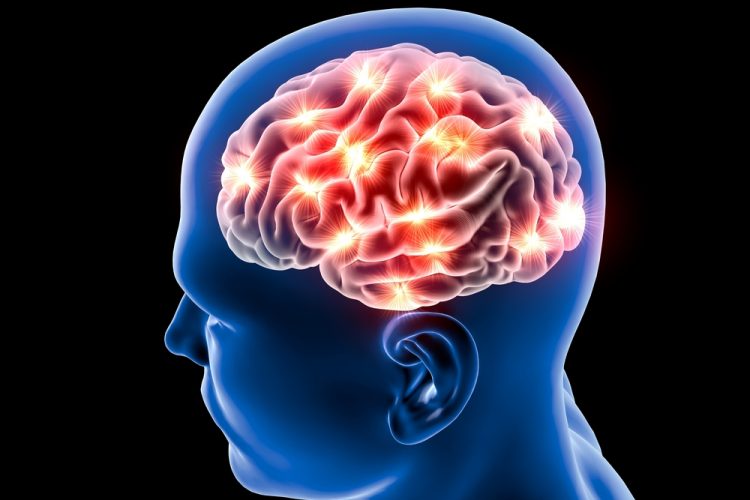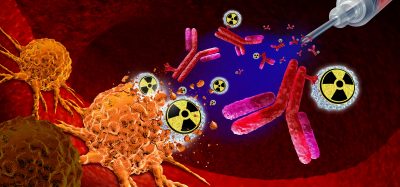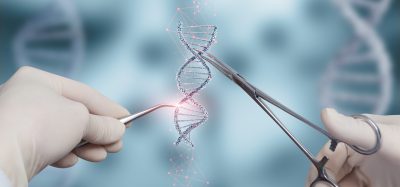Lithium deficiency identified as key Alzheimer’s trigger
Posted: 13 August 2025 | Drug Target Review | No comments yet
New research from Harvard Medical School shows that natural lithium deficiency in the brain may be a key early factor driving Alzheimer’s disease – which allow for the development of new approaches to preventing and reversing cognitive decline.


For years, neuroscientists have argued over what triggers Alzheimer’s disease and why some with brain changes linked to the disease never develop dementia. Now, researchers at Harvard Medical School may have found an answer: lithium deficiency in the brain.
Published in Nature, the study outlines that lithium naturally occurs in the brain, protecting it from neurodegeneration and supporting the function of all major brain cell types. After 10 years of research involving mice experiments and analyses of human brain and blood samples, the team discovered that lithium loss is one of the earliest changes leading to Alzheimer’s.
Senior author Bruce Yankner, professor of genetics and neurology, said, “The idea that lithium deficiency could be a cause of Alzheimer’s disease is new and suggests a different therapeutic approach.”
Biomarkers aren’t just supporting drug discovery – they’re driving it
FREE market report
From smarter trials to faster insights, this report unpacks the science, strategy and real-world impact behind the next generation of precision therapies.
What you’ll unlock:
- How biomarkers are guiding dose selection and early efficacy decisions in complex trials
- Why multi-omics, liquid biopsy and digital tools are redefining the discovery process
- What makes lab data regulatory-ready and why alignment matters from day one
Explore how biomarkers are shaping early drug development
Access the full report – it’s free!
Lithium and Alzheimer’s: the missing link
Alzheimer’s affects an estimated 400 million people globally and is characterised by brain abnormalities such as amyloid beta plaques and tau tangles. However, these features do not fully explain the disease, as many people with these changes do not experience cognitive decline. Existing treatments targeting amyloid beta offer only limited benefits.
The new study shows that amyloid beta deposits bind lithium, reducing its availability and function in the brain. This lithium depletion impacts all major brain cell types and causes Alzheimer’s-like changes in mice, including memory loss.
The researchers found a novel lithium compound called lithium orotate that escapes binding by amyloid plaques. Treating mice with lithium orotate reversed Alzheimer’s pathology, prevented brain damage and restored memory – at doses one-thousandth of those used in typical lithium therapies.
Yankner cautions, “You have to be careful about extrapolating from mouse models, and you never know until you try it in a controlled human clinical trial. But so far, the results are very encouraging.”
Early signs: lithium loss in the human brain
To study lithium in human brains, the team collaborated with the Rush Memory and Aging Project in Chicago, which provided post mortem brain tissue from people with varying cognitive health.
Using advanced mass spectroscopy, the researchers measured metals in brain and blood samples and found lithium was depleted early in cognitive decline.
“Lithium turns out to be like other nutrients we get from the environment, such as iron and vitamin C,” Yankner explained. “It’s the first time anyone’s shown that lithium exists at a natural level that’s biologically meaningful without giving it as a drug.”
Lithium loss accelerates Alzheimer’s in mice
In mice fed a lithium-restricted diet, brain lithium dropped to Alzheimer’s-like levels, causing brain inflammation, loss of neuronal connections and cognitive decline. Lithium depletion sped up amyloid plaque formation and tau-like tangles, which activated harmful brain immune cells and worsened memory loss.
Replenishing lithium with lithium orotate reversed these effects and restored memory even in older mice with an advanced form of the disease. Keeping stable lithium levels early in life prevented Alzheimer’s onset altogether.
Yankner said, “What impresses me the most about lithium is the widespread effect it has on the various manifestations of Alzheimer’s. I really have not seen anything quite like it all my years of working on this disease.”
Towards new treatments and prevention
Previous lithium trials in Alzheimer’s patients showed limited success due to toxicity at high doses. The new research suggests amyloid beta traps lithium, reducing its effectiveness. Lithium orotate avoids this problem and works at extremely low doses without toxicity in mice.
“One of the most galvanizing findings for us was that there were profound effects at this exquisitely low dose,” Yankner said.
If confirmed in humans, measuring lithium levels could become a screening tool to identify people at risk for Alzheimer’s who might benefit from early treatment.
However, Yankner emphasises caution, as lithium is not yet proven safe or effective for preventing neurodegeneration in humans and people should not self-medicate. But remains hopeful:
“My hope is that lithium will do something more fundamental than anti-amyloid or anti-tau therapies, not just lessening but reversing cognitive decline and improving patients’ lives.”
Related topics
Central Nervous System (CNS), Disease Research, Drug Discovery Processes, Neuroprotection, Neuroprotective compounds, Neurosciences, Therapeutics, Translational Science
Related conditions
Alzheimer's
Related organisations
Harvard Medical School








